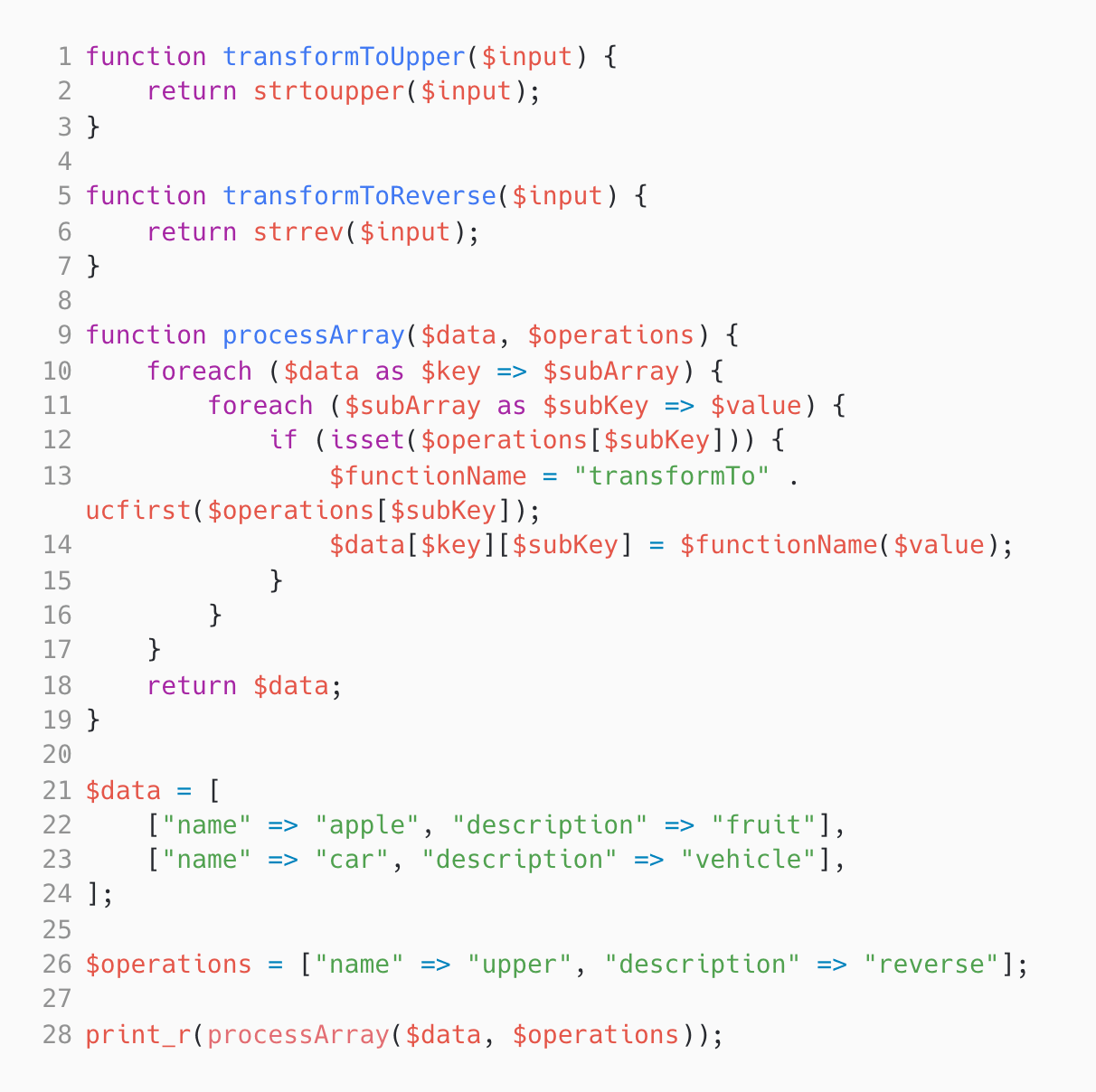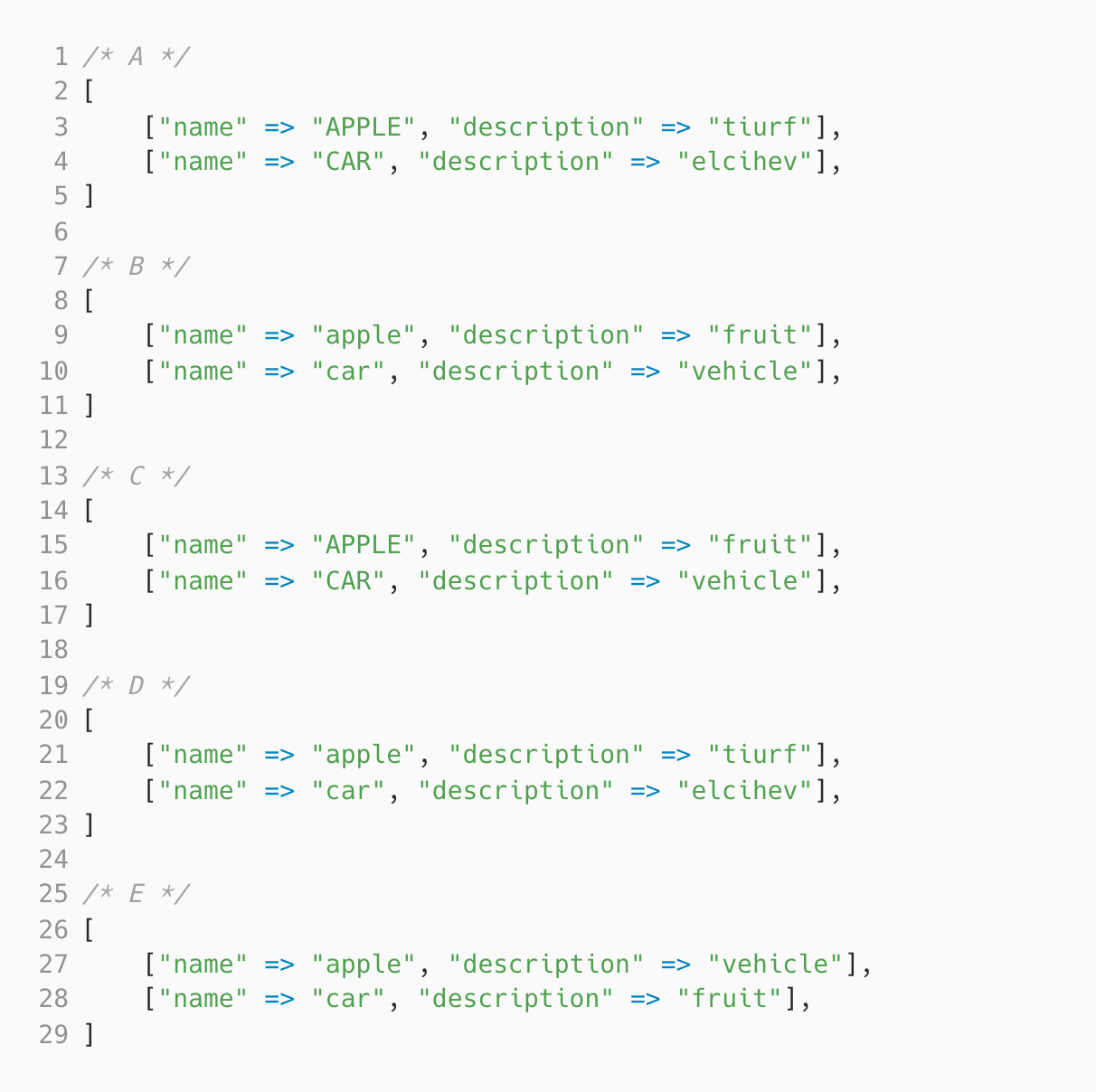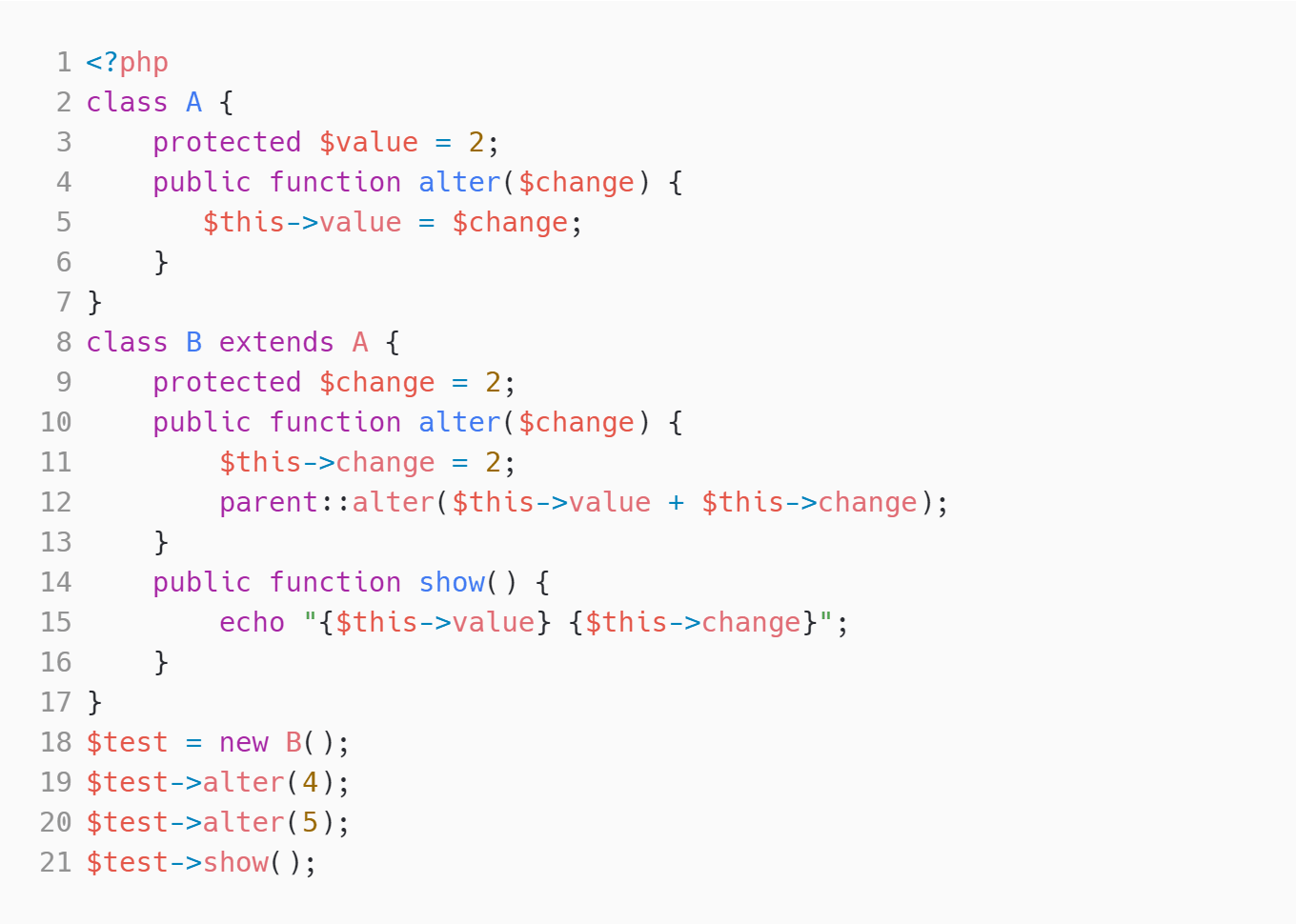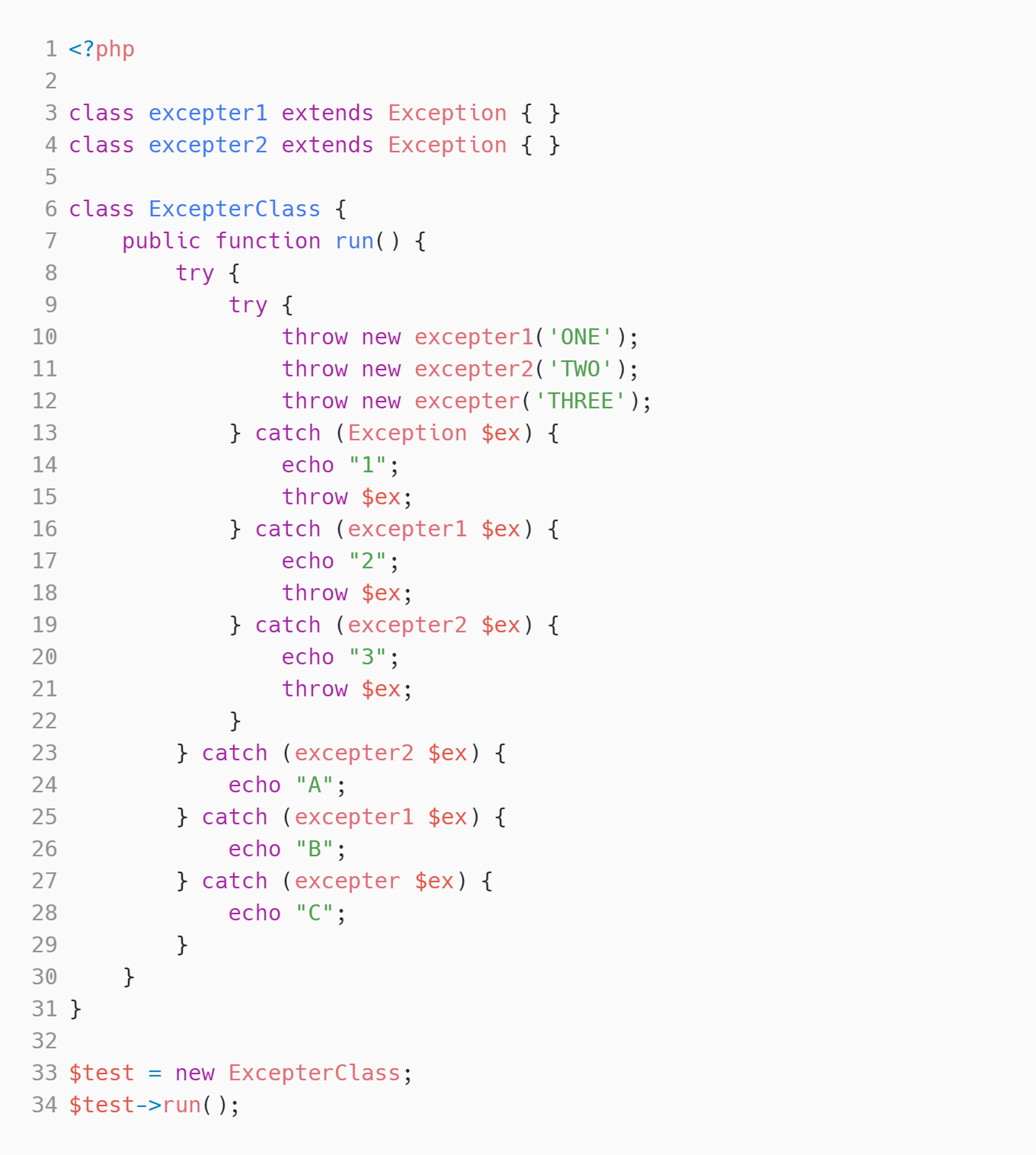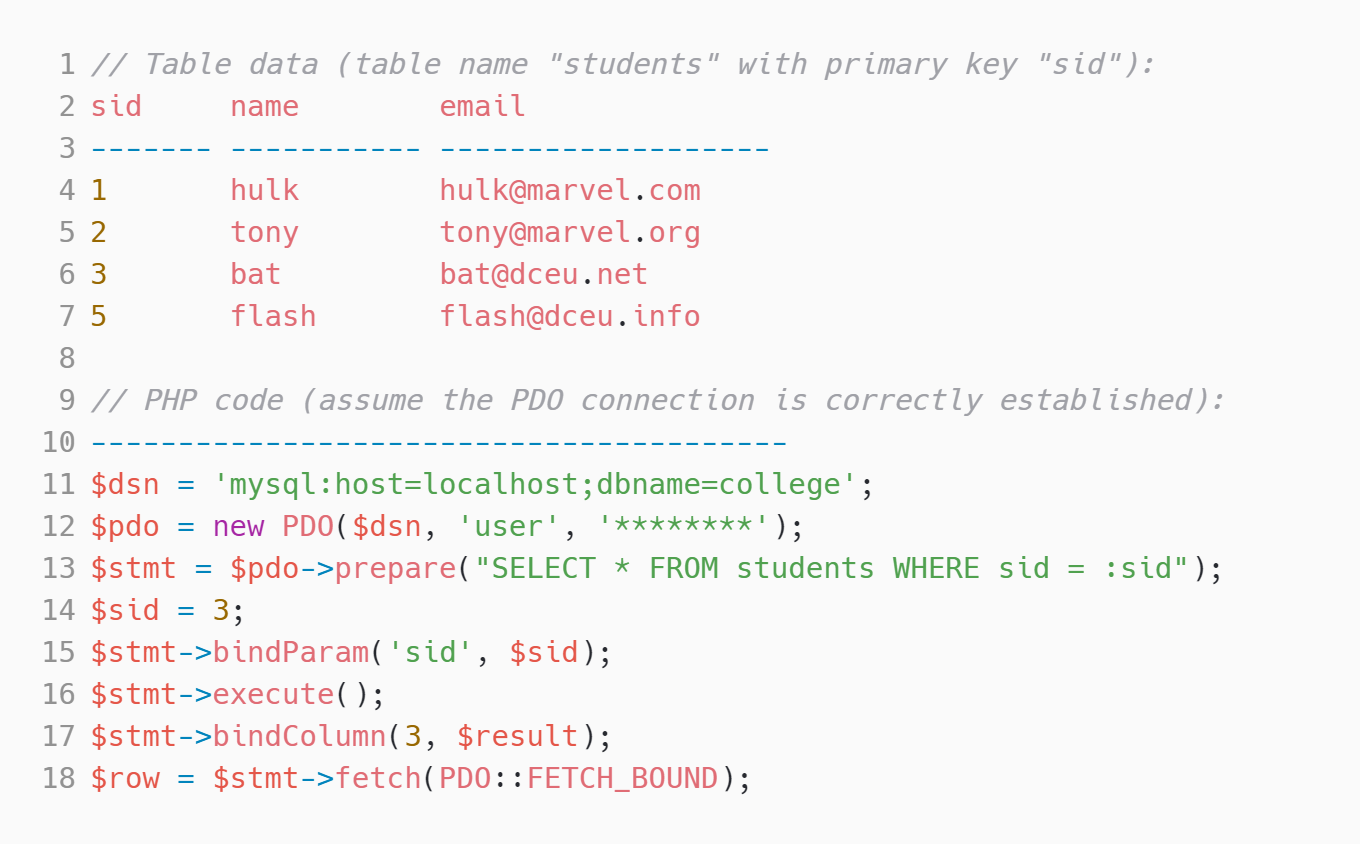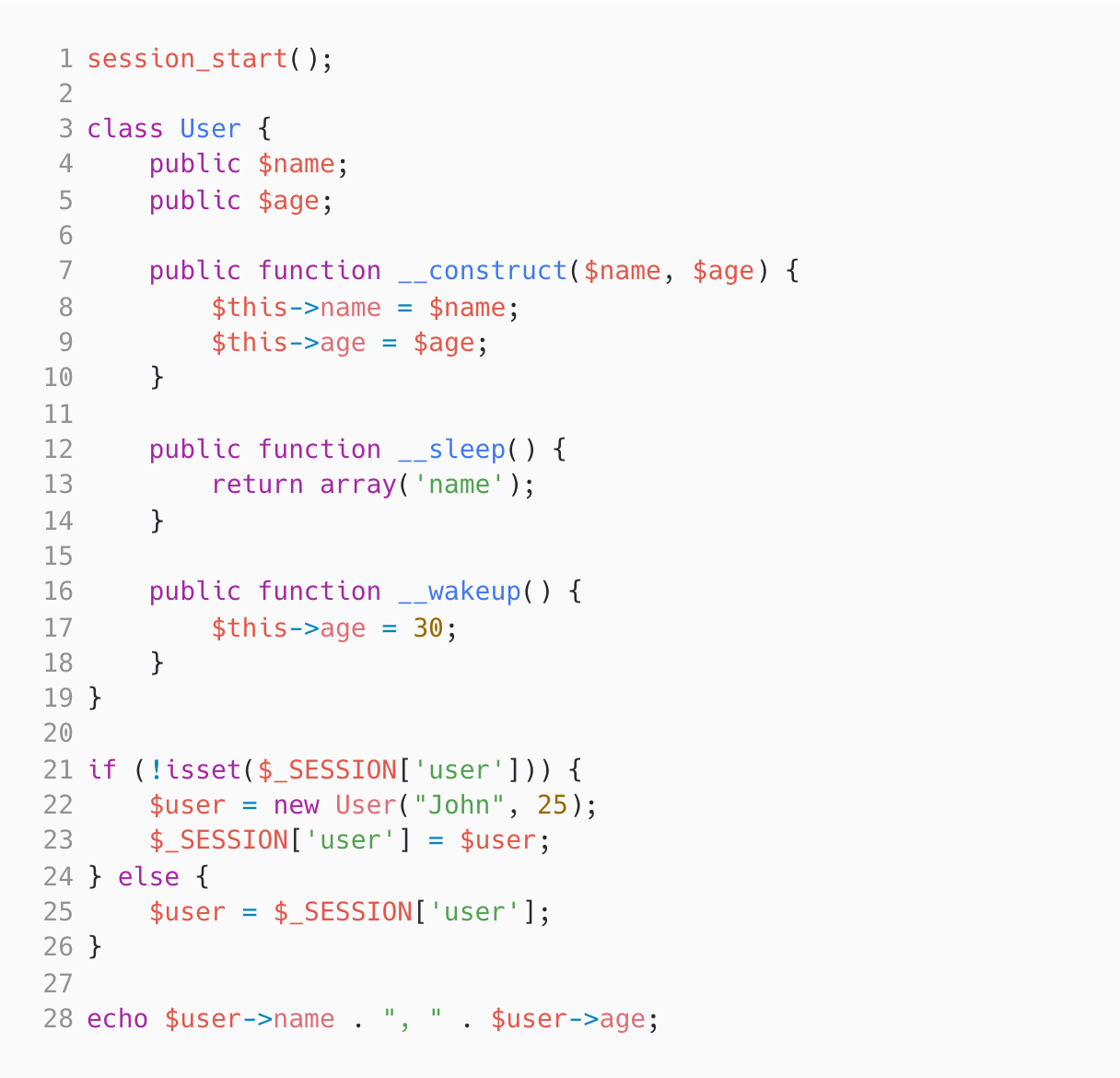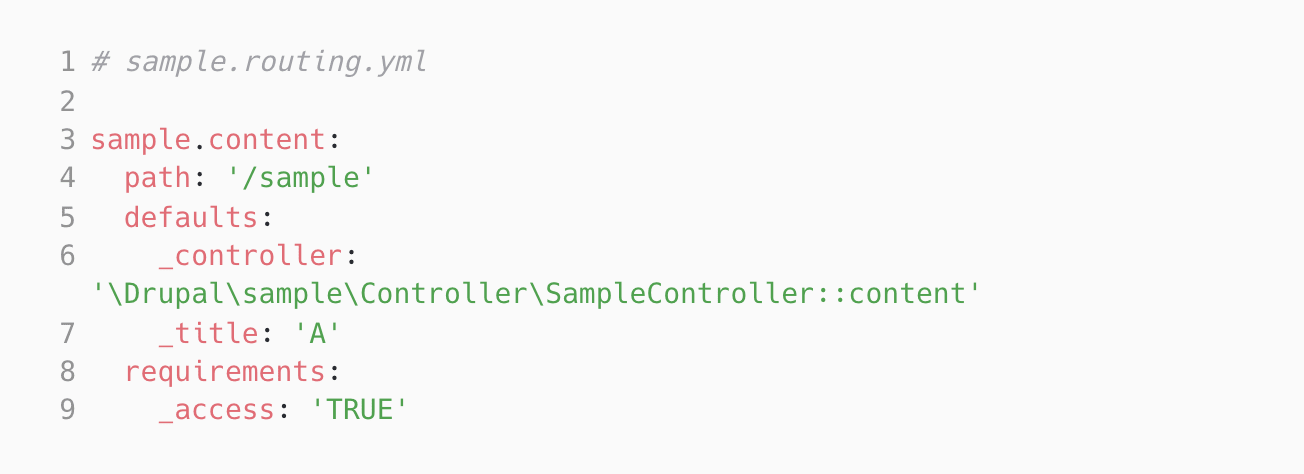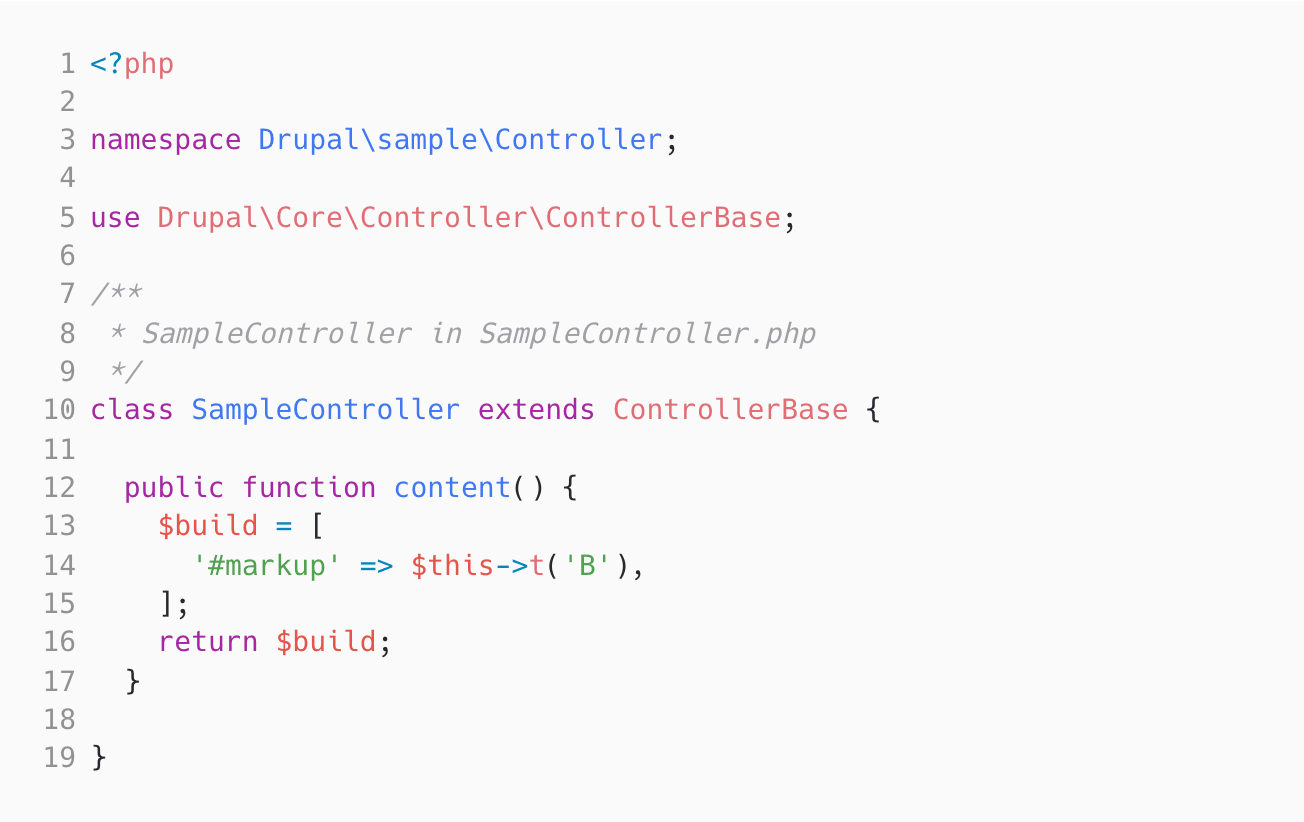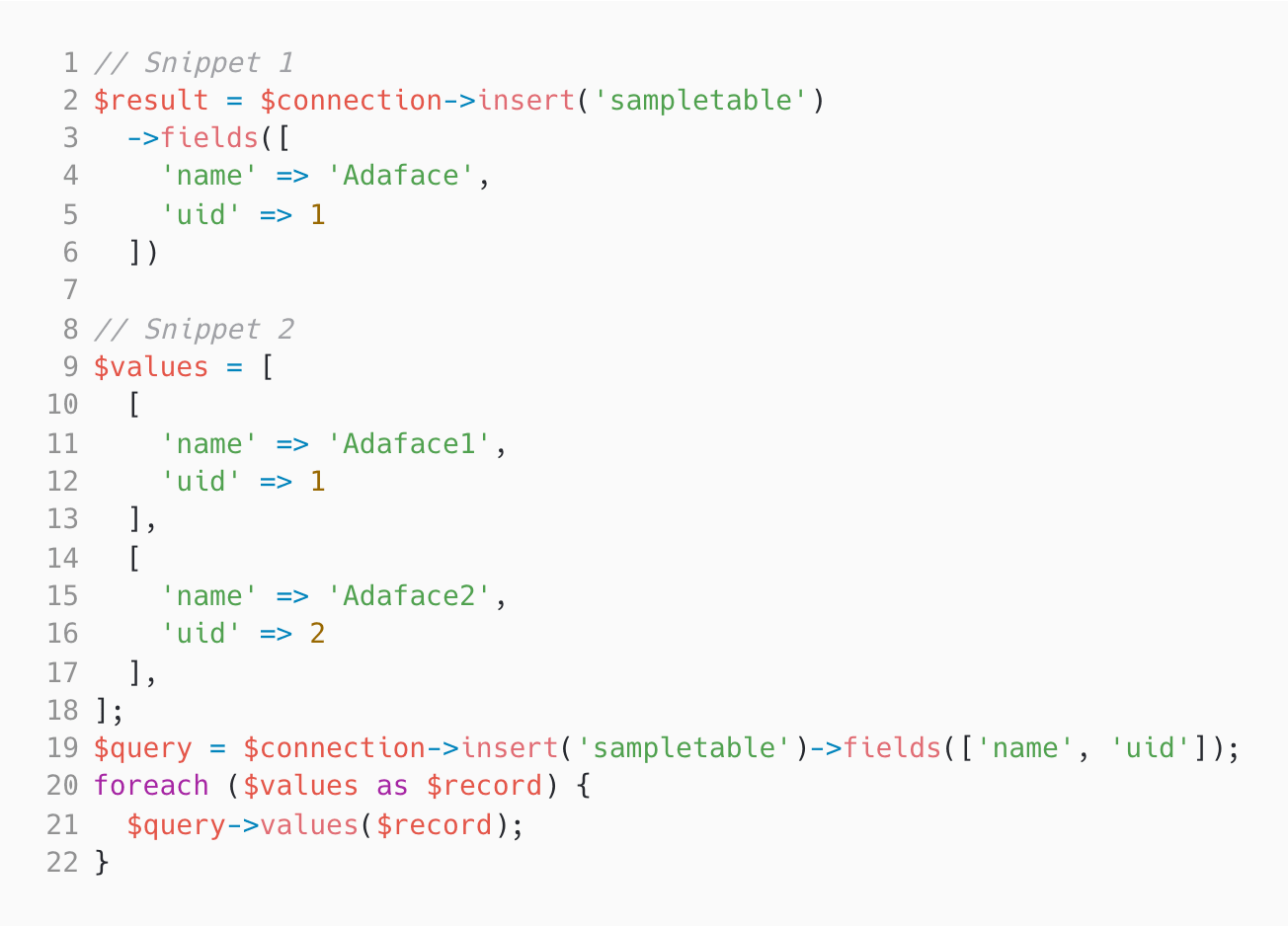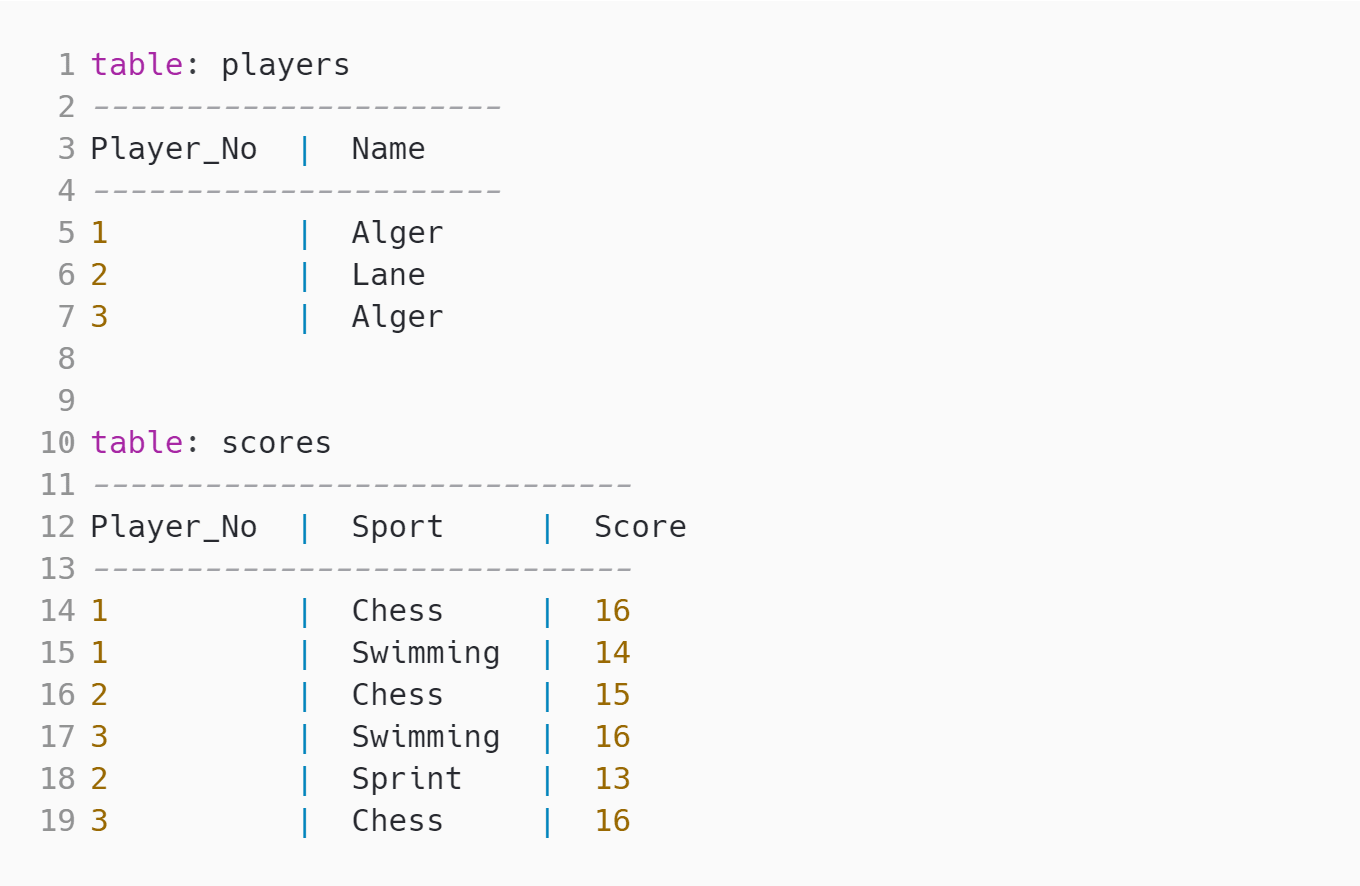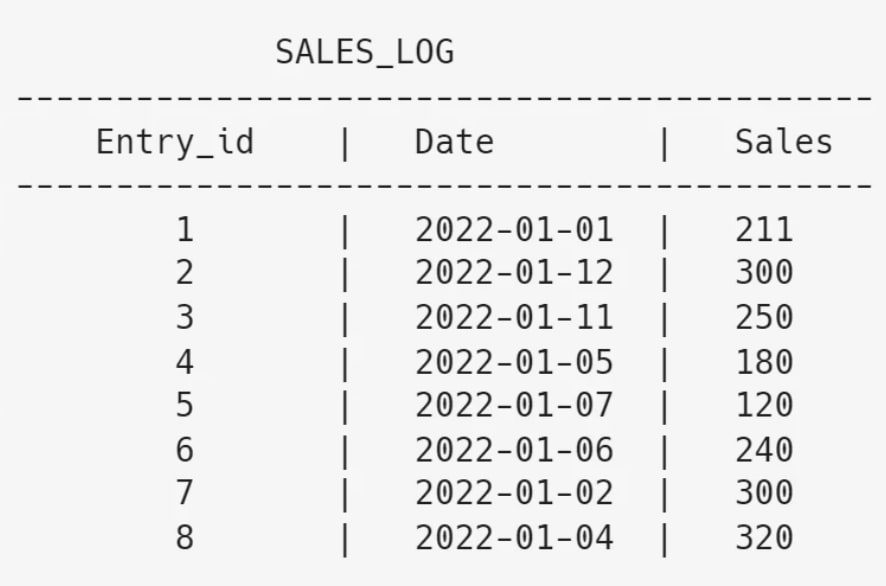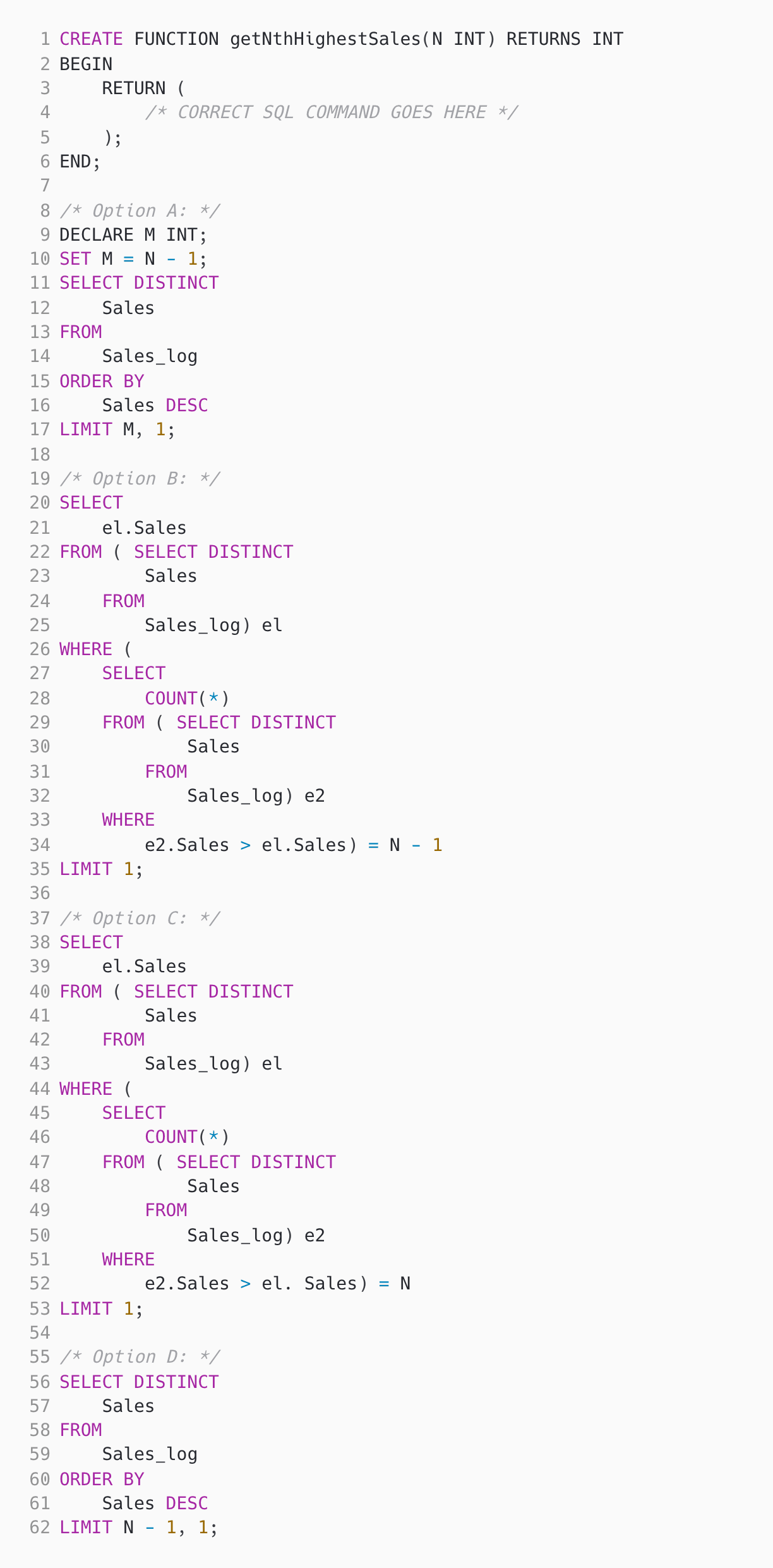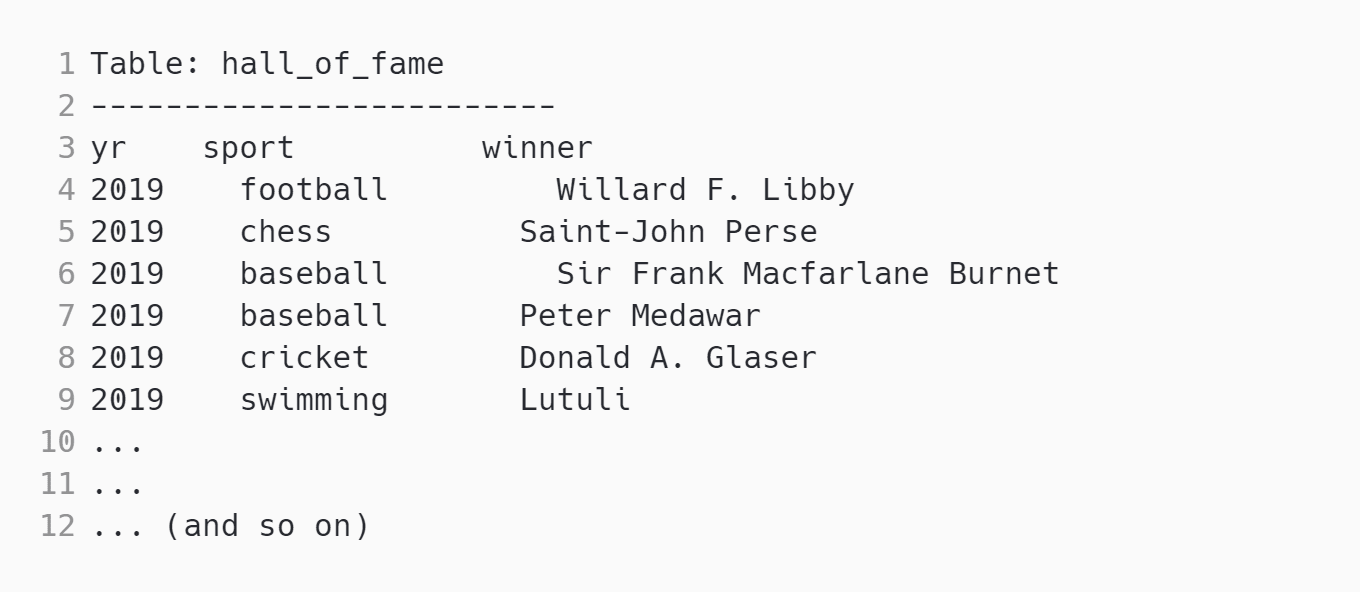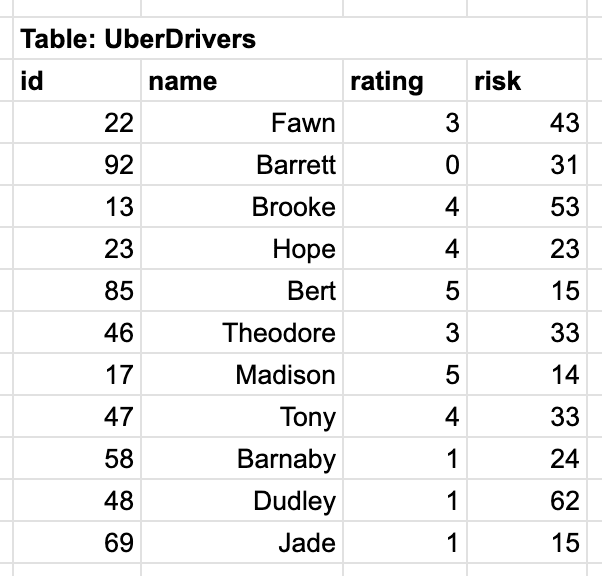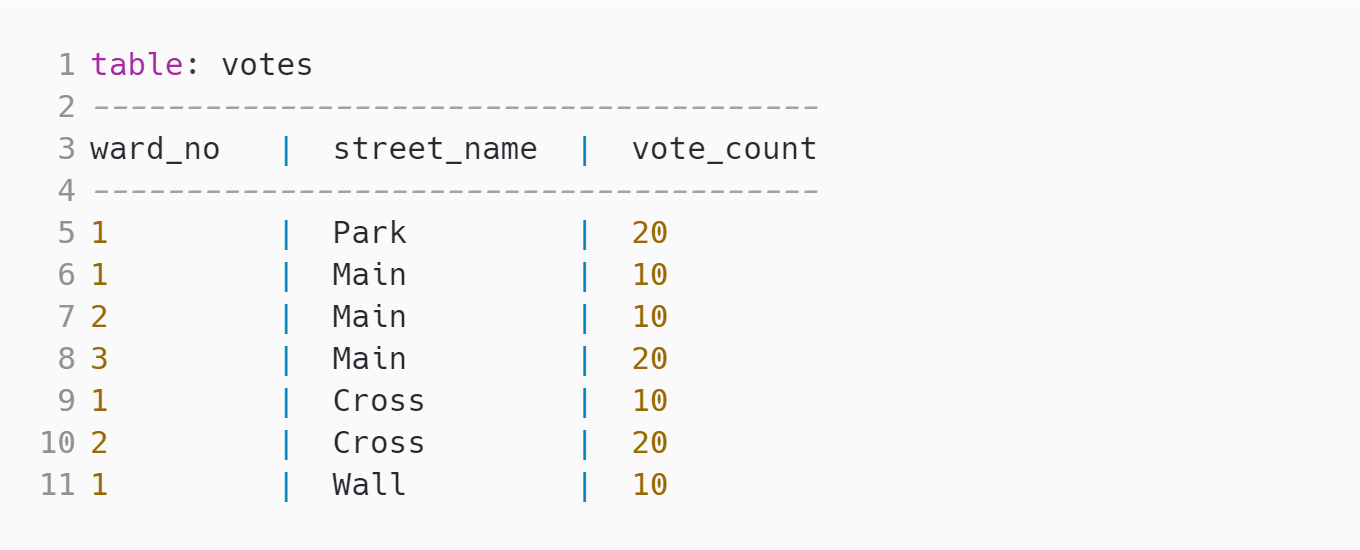PHP Syntax Basics: This skill measures the understanding of basic syntax rules and constructs in PHP programming. It includes knowledge of variables, data types, operators, control structures, and functions. Evaluating this skill helps assess the candidate's ability to write syntactically correct PHP code and their familiarity with the core concepts of the language.
PHP Data Structures: This skill assesses the candidate's familiarity with various data structures in PHP, such as arrays, strings, and objects. It includes understanding how to manipulate data in these structures, access elements, perform operations like sorting and filtering, and implement algorithms efficiently. This skill evaluation provides insights into the candidate's ability to work with different types of data and their knowledge of PHP's built-in data structures.
PHP OOPs: This skill measures the candidate's understanding of object-oriented programming concepts in PHP. It includes knowledge of classes, objects, inheritance, polymorphism, and encapsulation. Evaluating this skill helps assess the candidate's ability to design and implement modular, reusable, and maintainable code using object-oriented principles.
SQL CRUD Operations: This skill assesses the candidate's proficiency in performing CRUD (Create, Read, Update, Delete) operations using SQL queries. It includes knowledge of SQL syntax, understanding how to interact with databases, and writing queries for creating, retrieving, updating, and deleting records. Evaluating this skill helps determine the candidate's ability to work with data in a relational database management system.
SQL Joins and Indexes: This skill measures the candidate's understanding of SQL joins and indexes. It includes knowledge of different types of joins like inner, outer, and cross joins, and the ability to formulate and execute complex join queries. Additionally, it involves understanding the concept of indexes and their significance in optimizing database performance. Evaluating this skill helps assess the candidate's ability to incorporate efficient querying and data retrieval techniques in database applications.
Drupal Modules and Themes: This skill assesses the candidate's familiarity with creating and customizing modules and themes in the Drupal content management system. It includes knowledge of Drupal's architecture, hooks, module development, and theme building. Evaluating this skill helps determine the candidate's ability to extend the functionality of Drupal and create visually appealing and user-friendly websites using custom modules and themes.
Drupal routes and controllers: This skill measures the candidate's ability to define routes and implement controllers in the Drupal framework. It includes knowledge of Drupal's routing system, routing configuration, and implementing controller actions. Evaluating this skill helps assess the candidate's ability to create and manage URLs/routes and handle user requests effectively in Drupal.
PHP Programming: This skill evaluates the candidate's overall proficiency in PHP programming. It includes a combination of all the aforementioned skills - syntax, data structures, object-oriented programming, and database interaction. Assessing this skill provides an overall understanding of the candidate's PHP programming abilities and their potential to work effectively on PHP-based projects.



















